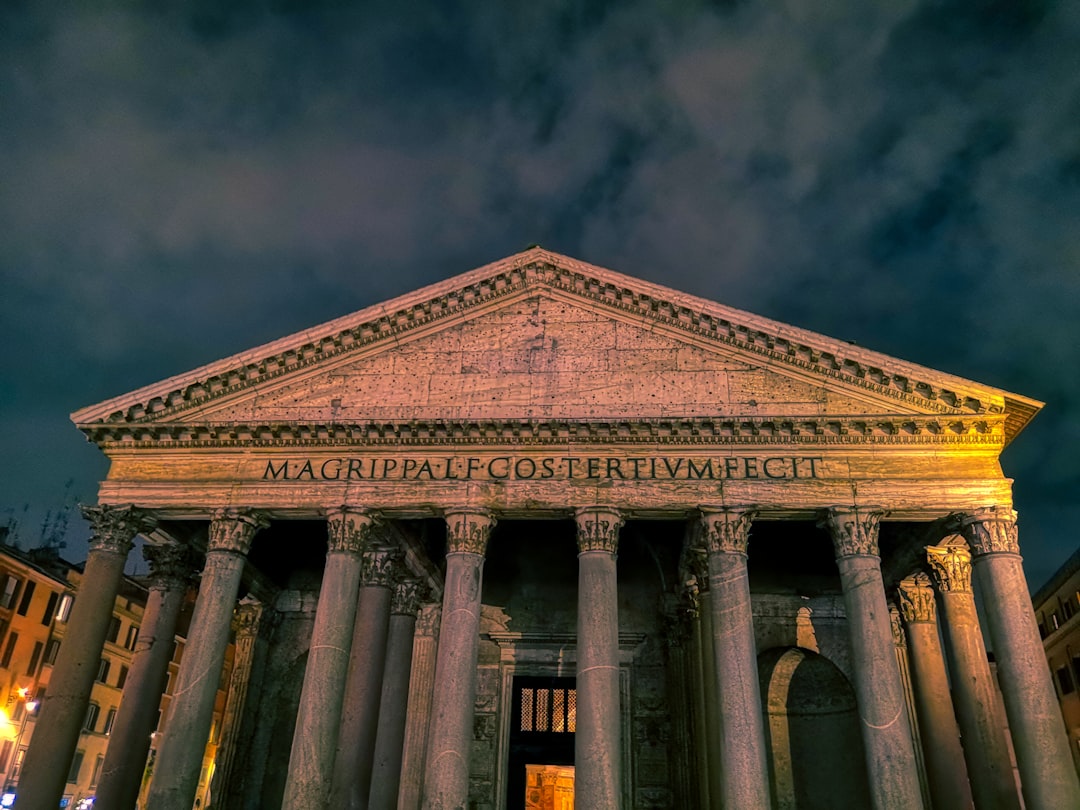Yesterday we talked about making a small shift in how you describe your anxiety situation. Moving from HAVING anxiety to EXPERIENCING anxiety. We talked about how deciding that you HAVE anxiety makes it part of your identity.
Why is this important?
If we look at recovery as the process of breaking old habits and building new ones, we are essentially trying to build the habits of a person that has a healthy, productive relationship with anxiety. We become non-disordered people by acting like non-disordered people.
What happens, then, if part or all of our identity is based on being a person that has anxiety? What happens when we believe ourselves to be anxious people while trying to act like non-anxious people in order to get better?
“Behavior that is incongruent with the self will not last”. - James Clear, Atomic Habits
What James Clear is saying about building new habits really resonates here in the recovery universe. If you identify as an anxious person and have made anxiety a core component of who you are, then we have two potential problems based on this identity.
If you HAVE anxiety and therefore believe it to be a part of who you are, then spending all day long trying to NOT be anxious is a very big ask, and leads to disappointment and frustration. That’s not the right target anyway, but trying to do that while also seeing yourself as a person that HAS anxiety is going to be even tougher on you. From your reference frame you are an anxious person trying to pretend that you are not.
If you believe yourself to be an anxious person at your core, then building and sustaining the habits of a non-anxious person as part of recovery will be difficult to sustain. From your reference frame, you are an anxious person trying to act like you are not.
See the problems here?
HAVING anxiety, and therefore incorporating anxiety into your core identity as a trait, is a giant obstacle that does not have to exist.
But if you look at yourself as a person that EXPERIENCES anxiety in a currently disordered way, that’s a whole different ballgame. It doesn’t ask for sweeping changes in the fiber of your being. It does not stand incongruently against your recovery efforts.
“I am currently experiencing anxiety in a way that isn’t ideal. I am working to change those experiences by creating new experiences that I will learn from.”
See how this statement does not define you as a person? It only defines what you experience and acknowledges that what you experience is pliable and changeable. It jives with your recovery goals and actions. It more accurately reflects reality.
Experiencing anxiety allows you to change what you DO, not who you ARE. No matter who you are, no matter your identity, you CAN have experiences and those can vary. This is way more approachable and leads to a far more self-compassionate approach to the process of recovery.
Tomorrow we’ll look at how choosing experiences over identity can help drive and sustain good recovery habits. For today, take some time to really think about how you’ve integrated anxiety into your identity and how you might become someone that experiences anxiety rather than someone that has it.
Have you listened to this week’s episode of The Anxious Truth podcast? Check it out out on Apple Podcasts, Spotify, Google Podcasts, Amazon Music, or my website and YouTube channel.














Share this post